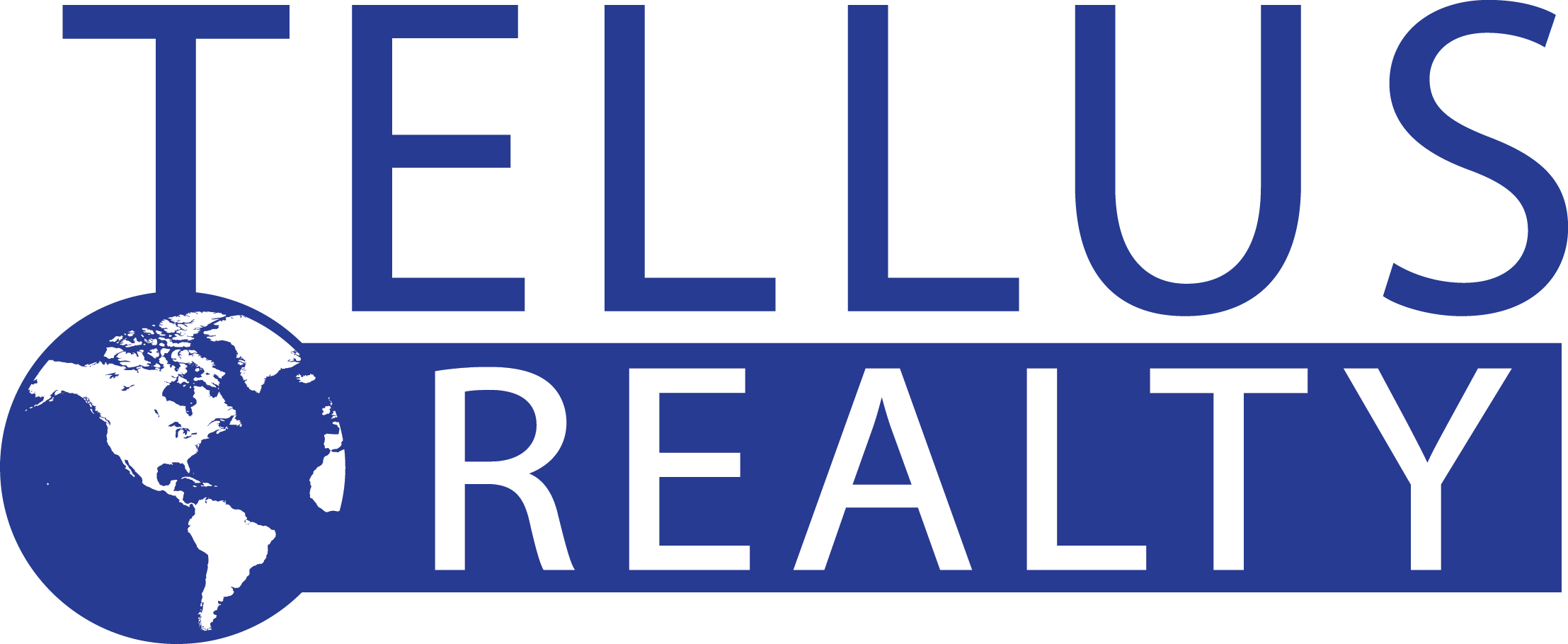I’m always a little bothered and a little fascinated when I see a commercial property listed by a residential real estate agent in the local area.
One obvious reason is… I wish I was the agent.
But, I have to admit to being at fault… if the seller didn’t know about me, how could they know to contact me? So, one of the things that bothers me is the indication I’m not doing a good job of marketing my services. But, it also indicates that other commercial agents are not doing a good job either… because they didn’t get that listing, either.
But then, I wonder what goes on in the mind of the property owner. Why didn’t they search out a commercial real estate agent? Do they view all agents as being the same… “if you can sell a house, you can sell a business or an office building” and then just pick out the latest agent they heard of?
Or perhaps they contact a residential agent for a referral and that agent says “Hey, I can handle this for you!” I’ve known quite a few agents like that. They can handle any transaction, they believe.
Whatever the reason, I’m writing this little note in hopes of providing some education to property owners, and perhaps a few agents. My 5 rules for identifying a commercial agent
What is different about a commercial agent and how can I tell if my agent is one?
I think in theory, there isn’t a huge difference. Its a matter of experience and expertise. In residential real estate, successful agents specialize in different types of properties… ‘fine homes and estates’, horse properties, condos, or homes in specific areas. Specializing in commercial properties is similar… and as varied.. commercial agents tend to specialize also… by property use type, area, value, etc.
One of the first differences is about how and where agents list and find properties. Most buyers and sellers may not realize that in most areas, there are Commercial Information Exchanges (CIE), similar to MLSs for residential property. In our area, some confusion gets added, because our local MLS allows for listing commercial properties and business opportunities. A true commercial agent will have a membership in the CIE, and in our area, the local MLS, also.
So, RULE 1 is: Find an agent who is a member of the local Commercial Information Exchange. If you use an agent who is not a member of the CIE (locally ours is called the Commercial Brokers Association (CBA), then your property isn’t getting the full coverage it needs if its a commercial property. Here in the Puget Sound, check the CBA directory at http://www.commercialmls.com/index.cfm?fuseaction=cba.directory to see if your agent is listed. Along with the local CIE, they should have access to and be users of national posting sites like LoopNet, CCIMNet, OfficeSpace, etc.
Another difference is in training. A real estate agent specializing in commercial real estate will take appropriate training. Basic training will cover the types of commercial properties out in the market and how they are valued. More advanced training will cover lease negotiations, purchase and sale contracts, marketing of commercial properties, etc. And, that leads me to the second rule:
RULE 2: Make sure your agent has the proper training for commercial real estate and your property. Ask them what training they have had in regards to commercial real estate. Agents get training certificates for classes, they should be able to show you some proof. Ask them how to value your property. In some ways, commercial property valuation is more challenging than residential, because comparable sales are hard to find. In other ways it is easier, because it tends to be more objective… valuation is based primarily on income.. either actual or projected (actual being the most heavily emphasized). Your agent will have to do some math in order to come up with a value. If they can’t do the math, they don’t have the right training.
Oh, and I’ll add a note about commercial real estate classes for you agents… they are almost always more expensive (and good ones are REALLY expensive) than classes for residential real estate… you can pretty much give up the idea of getting any free clock hours in the commercial real estate world!
RULE 3: Make sure your agent has actually successfully completed a commercial real estate transaction. Lets face it, experience counts more than anything else. Has your agent actually ever been involved in a commercial real estate transaction? If not, find a new agent… or at least insist they get some help. I’ve been happy to help other agents interested in learning ‘the business’ to get their feet wet. This is how most new commercial agents get started, by an apprenticeship of sorts. Or, they are working on a larger, formal team of agents. But in that case, you probably won’t be talking to the newbie, unless you just happen to know them.
And my final rule could apply to residential agents, also:
RULE 4: Find a real estate agent with personal experience in the commercial real estate market. I wouldn’t trust an agent who has never bought or sold a home of their own to help me purchase one. The same is true for commercial real estate. If your agent doesn’t have some real, personal, experience, how can they really understand your needs. If they are telling you that real estate is a great investment, why don’t they own some? If they have never been a landlord, how can they understand your worries as a prospective landlord… or how can they help you successfully negotiate your lease if you are looking to rent space?
I’m sure I could go on and think of a bunch of rules, but these seem the most important to me. If you can think of others, or if you think mine are bogus, let me know.

Leave a Reply